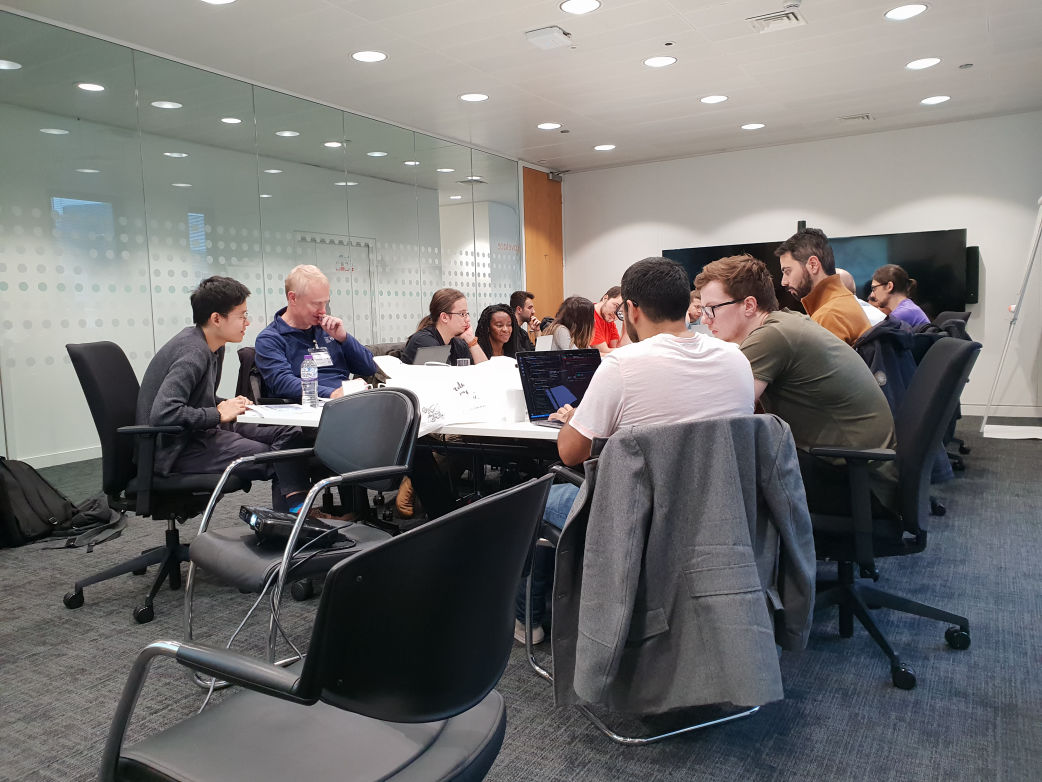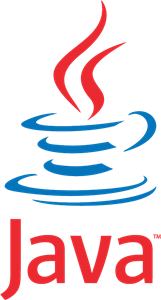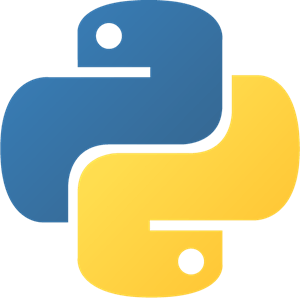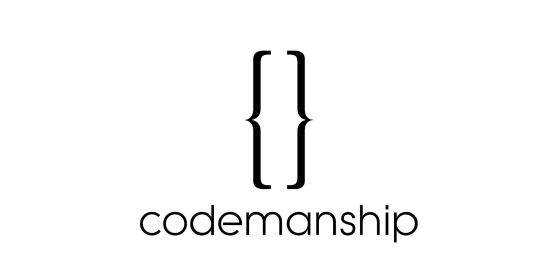In This Workshop...
Learn to fix design problems without breaking the software
Learn the 4 principles of Simple Design, and when to trade off one principle against
another:
* The code must work
* Code communicates intent
* Code is free
of duplication (D.R.Y.)
* Code is as simple as we can make it (YAGNI)
Learn the 4 principles of Modular
Design:
* Modules should do one job
* Modules should hide their inner
workings
* Modules should have swappable dependencies
* Interfaces should be
designed for clients
Learn how to measure modularity and make evidence-based
design and refactoring decisions:
* Coupling & Cohesion
*
Dependency Polymorphism
Learn how these 4 principles map to S.O.L.I.D.
principles for object oriented design.
* Single Responsibility
*
Open-Closed
* Liskov Substitution
* Interface Segregation
* Dependency
Inversion
Learn the 2 fundamental design idioms that enable modular
design:
* Dependency Injection
* Inversion of Control
...and how
more modular code tends to be more testable and more portable
Learn how principles of Modular Design
can be applied to component-based and service-oriented architectures, and how they
map to the principles of Package Design:
* Release-Reuse Equivalency
*
Common Closure
* Common Reuse
* Stable Dependencies
* Stable
Abstractions
Learn how to measure modularity at multiple levels of code
organisation and make evidence-based decisions on architecture and design:
*
Package coupling & cohesion
* Martin Metrics for package dependency
polymorphism
Large Language Models like Claude Opus and GPT-5 are very good at generating code that they're pretty bad at modifying.
When it comes to architecture, Actual Intelligence must be applied.
* Code clarity & LLM performance
* Complexity & Out-Of-Distribution "hallucinations"
* Separation of Concerns - the secret sauce (again)
* Ground Truth: why "guardrails" don't work
* Continuous Inspection in AI-assisted development
* Refactoring revisited





